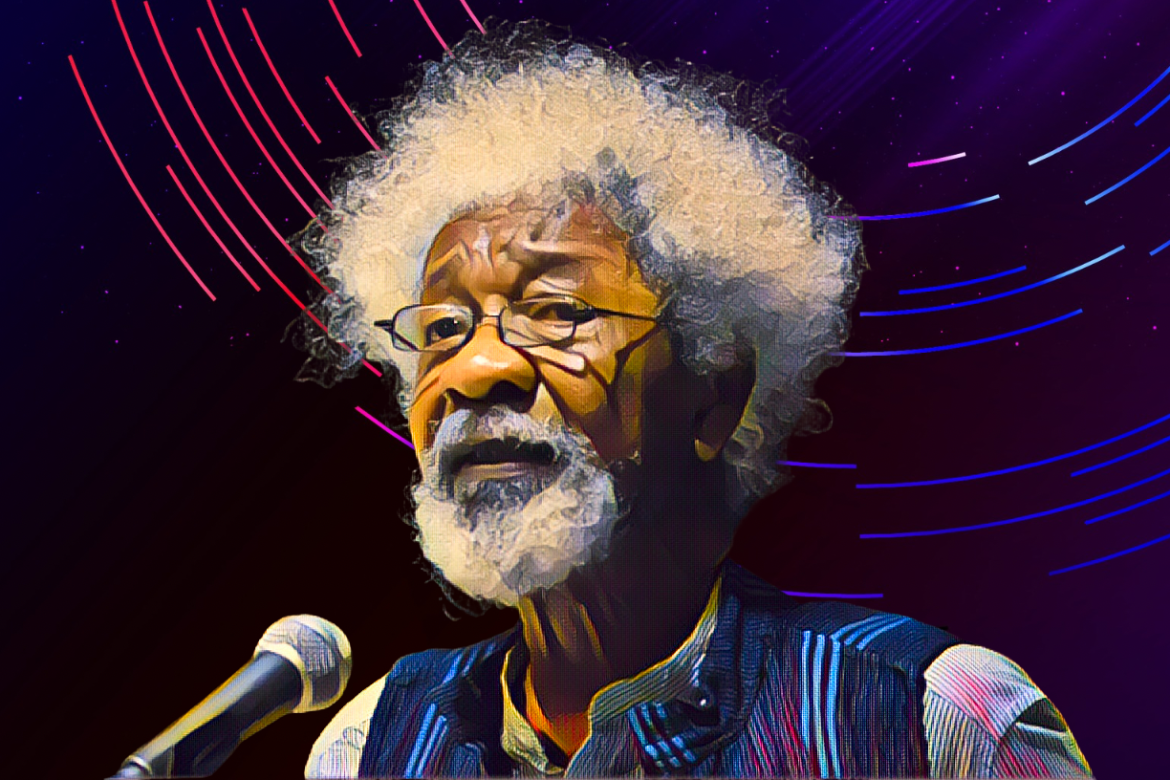KEY POINTS
- Soyinka refused U.S. visa re-interview set for 9/11.
- He says he’s “banned” but holds no grudge.
- Visa revocation stirs debate on U.S. immigration policy.
Nobel laureate Wole Soyinka says superstition and principle guided his decision to reject a September 11 appointment set by the U.S. embassy for a visa re-interview. The 91-year-old playwright revealed that the U.S. later revoked his visa in a letter dated October 23, 2025.
Speaking during a media parley titled “Unending Saga: Idi Amin in Whiteface” at Freedom Park in Lagos, Soyinka said he found it odd that the embassy chose such a symbolic date marking the 2001 terror attacks for the exercise.
Soyinka shuns 9/11 visa re-interview out of superstition
“I’m superstitious,” Soyinka told journalists. “Everyone knows what happened on that date. It was rather unfortunate they picked it. I said, ‘Sorry, I’m not coming on that day.’” He added that he also wasn’t interested in pursuing another appointment. “I was asked to bring in my passport which I declined and said I wasn’t coming on that day, and wouldn’t apply for another date.”
According to him, the U.S. Consulate later issued a notice revoking his visa “pursuant to the authority contained in the U.S. Department of State regulations 22 CFR 41.122.” The letter requested that he bring his visa for “physical cancellation,” which he joked about during the press session, asking if anyone would volunteer to deliver it for him.
Soyinka said the move surprised him, as he could not recall any wrongdoing that might justify such action. “Have I ever misbehaved toward the United States? Have I broken any law?” he asked rhetorically.
He also told journalists that he had spoken with the U.S. ambassador in Lagos about the matter. “We arranged a call,” he said. “He offered me a special visit to the consulate, but I told him frankly—I’m not interested.”
Despite the visa revocation, Soyinka stressed that he bears no ill will toward Americans. “They will always have free entry to the Autonomous Republic of Ijegba,” he quipped, referring to his home in Abeokuta. “There will be no reciprocal conduct.”
A long relationship and changing U.S. policy
Soyinka, who won the Nobel Prize in Literature in 1986, has lived and taught in the U.S. for years, holding posts at several universities. He said he would visit the country again if invited but would not seek reinstatement on his own. “I’ve given as much as I’ve taken from that place. They owe me nothing, and I owe them nothing,” he said.
His U.S. visa revocation comes amid new immigration measures tightening non-immigrant visa rules for Nigerians. In July, the U.S. Department of State announced that most new visas for Nigerians would now be single-entry and valid for three months.
In August, applicants were also required to disclose all social-media handles used in the past five years—a step Washington said was part of efforts to strengthen security screening. For Soyinka, though, the incident is just another episode in his long life of principle, wit and quiet defiance. “If circumstances change, yes, I’ll visit,” he said. “But I won’t take the initiative. There’s nothing I’m looking for there.”


